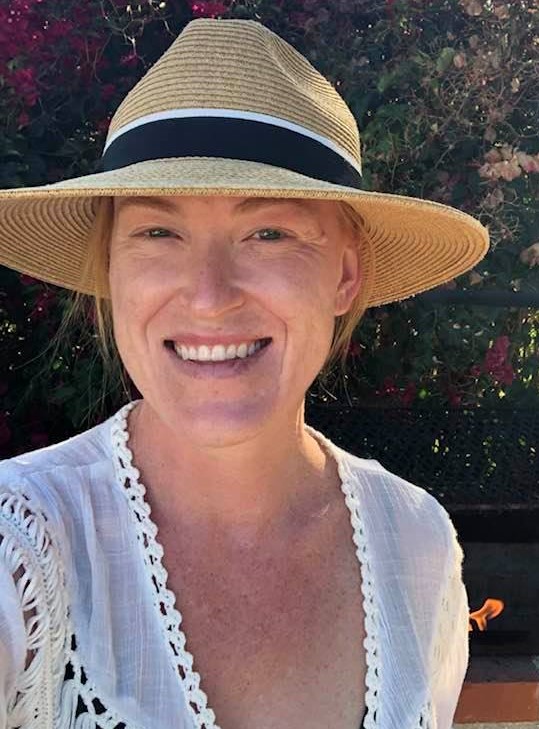Highlights from this week’s conversation include:
- Kirsten’s Background and Passion for Drama Therapy (0:07)
- Drama Therapy: Definition and History (8:28)
- Community Building and Emotional Regulation (10:27)
- Exercises for Rebuilding Community (15:29)
- Creative Energy and Therapeutic Benefits (20:15)
- The Importance of Creativity (22:43)
- Individualized Trauma Therapy (25:17)
- Retraining and Building Resilience (27:28)
- Self-Forgiveness and Self-Awareness (30:17)
- Restoring Identity in Older Adults (33:19)
- Therapy for Caregiver-Care Recipient Dyad (00:38:26)
- Abundant Aging Questions for Kirsten (41:31)
- Final Thoughts and Takeaways (46:06)
Abundant Aging is a podcast series presented by United Church Homes. These shows offer ideas, information, and inspiration on how to improve our lives as we grow older. To learn more and to subscribe to the show, visit abundantagingpodcast.com.

